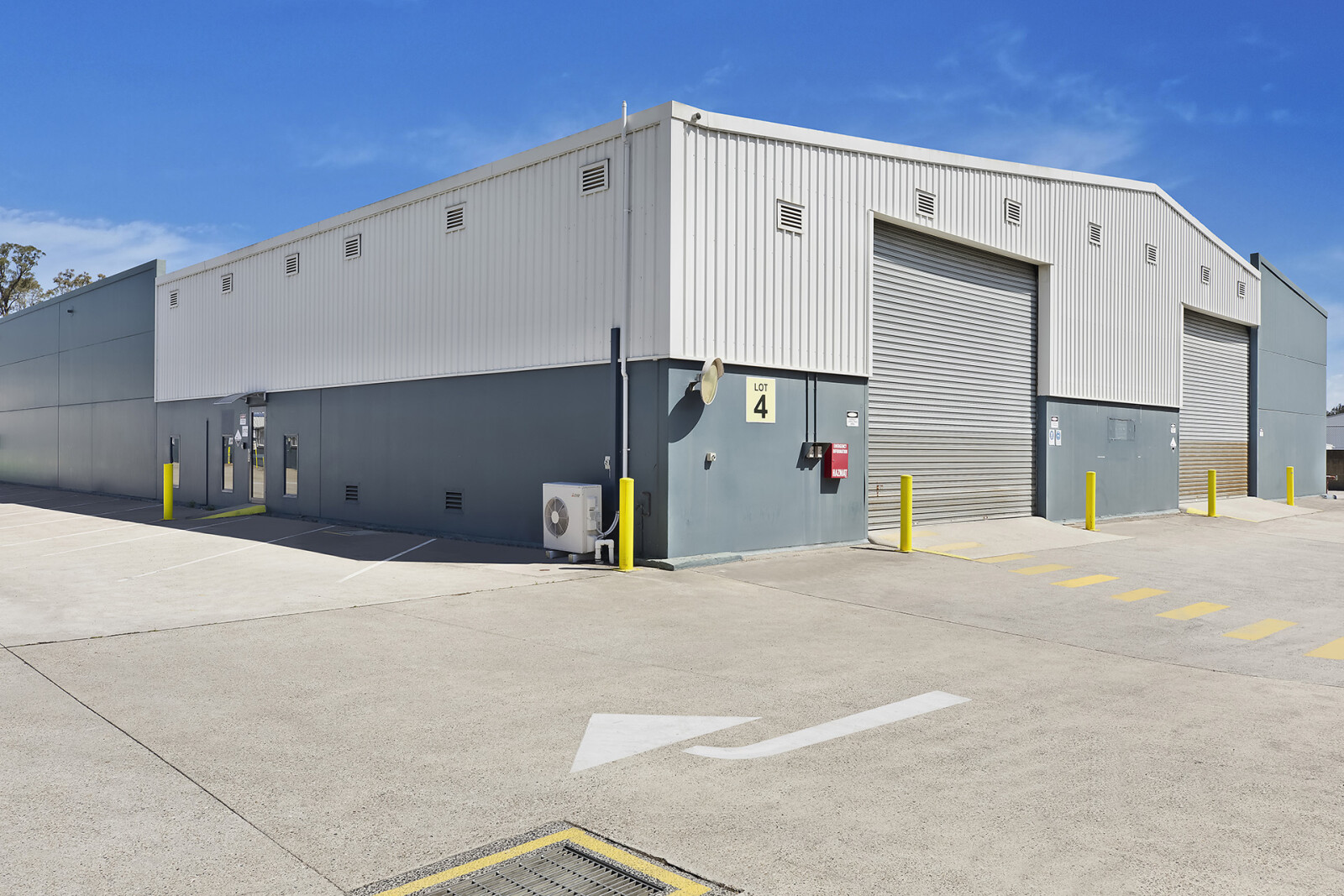Unlocking the Benefits of Industrial Property Leasing for Business Owners
Industrial property leasing can offer numerous benefits to business owners looking for space to operate their businesses. Leasing industrial properties instead of buying them outright can provide flexibility, cost-effectiveness, and scalability that are crucial for businesses of all sizes. In this article, we will explore the advantages of industrial property leasing and why it may be the right choice for your business.
Advantages of Industrial Property Leasing
1. Flexibility
- Leasing industrial properties gives business owners the flexibility to adjust their space requirements as their business grows or downsizes. This flexibility is especially important for businesses that are experiencing rapid growth or seasonal fluctuations in their operations.
- Lease agreements can often be negotiated to include options for expanding or reducing the leased space, providing businesses with the ability to adapt to changing market conditions without being locked into a long-term commitment.
2. Cost-Effectiveness
- Leasing industrial properties typically requires less upfront capital compared to purchasing a property outright. This can free up valuable resources that can be invested back into the business for growth and expansion.
- Lease payments are also generally more predictable than property ownership costs, as maintenance and repair expenses are often the responsibility of the property owner or landlord.
3. Scalability
- Leasing industrial properties allows businesses to scale their operations up or down in response to market demand. This scalability is essential for businesses that need to quickly adjust their production or distribution capabilities to meet changing customer needs.
- Businesses can lease additional space when needed to accommodate growth or temporarily lease less space during slow periods to reduce costs.
Considerations for Industrial Property Leasing
1. Location
- When leasing industrial properties, businesses should consider the location of the property in relation to their suppliers, customers, and workforce. A convenient location can help improve operational efficiency and reduce transportation costs.
2. Lease Terms
- Business owners should carefully review lease agreements to ensure they understand all terms and conditions before signing. Key considerations include lease duration, rental rates, renewal options, and any additional costs or fees that may be incurred.
3. Property Condition
- Prior to signing a lease agreement, businesses should inspect the industrial property to assess its condition and ensure it meets their operational requirements. Any necessary repairs or improvements should be negotiated with the landlord before finalizing the lease.
Conclusion
Industrial property leasing offers business owners a flexible, cost-effective, and scalable solution for meeting their space requirements. By leveraging the benefits of leasing, businesses can adapt to changing market conditions and position themselves for growth and success. When considering industrial property leasing, it is essential for business owners to carefully evaluate their needs, review lease agreements, and select a property that aligns with their operational goals.
